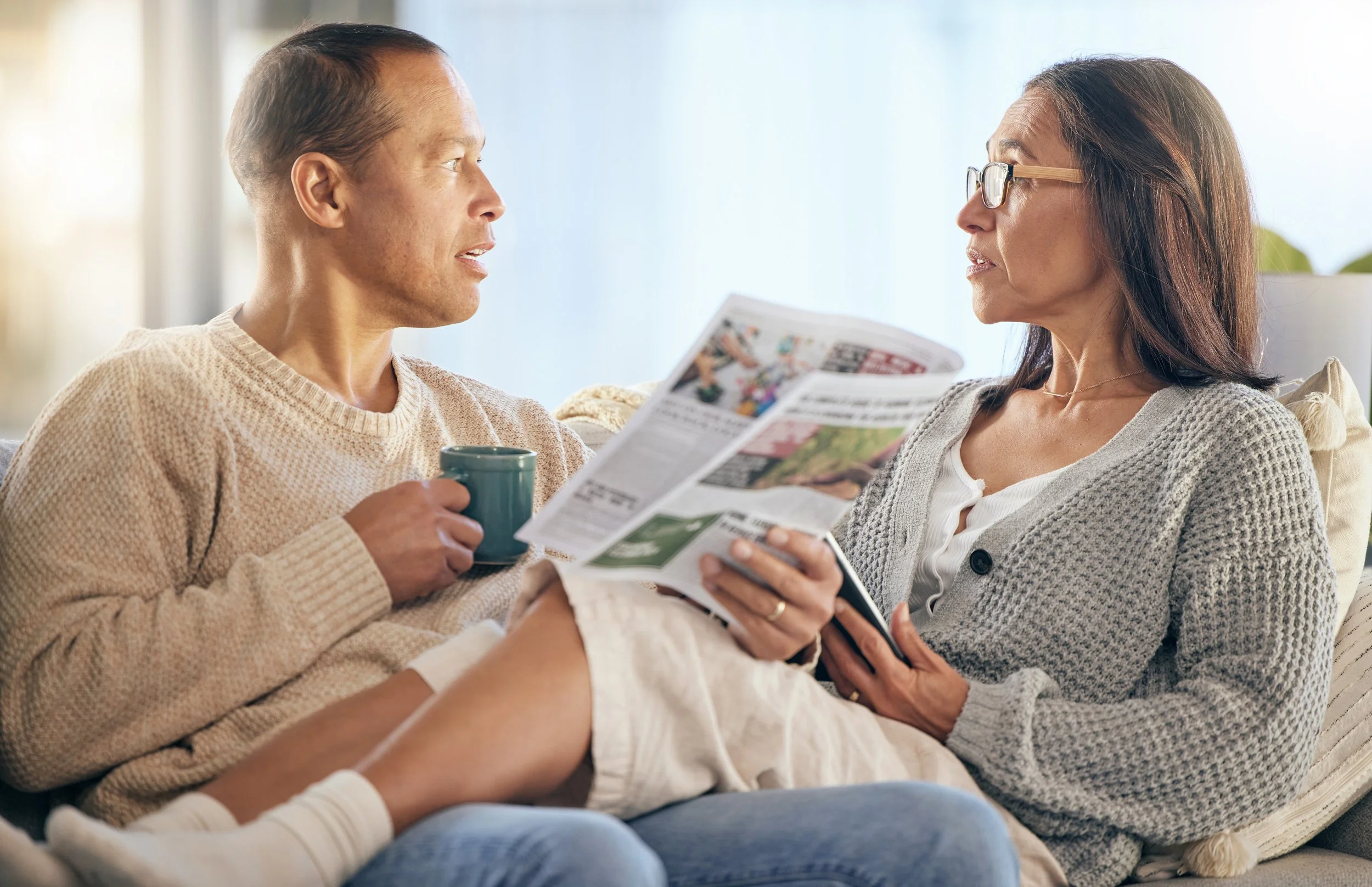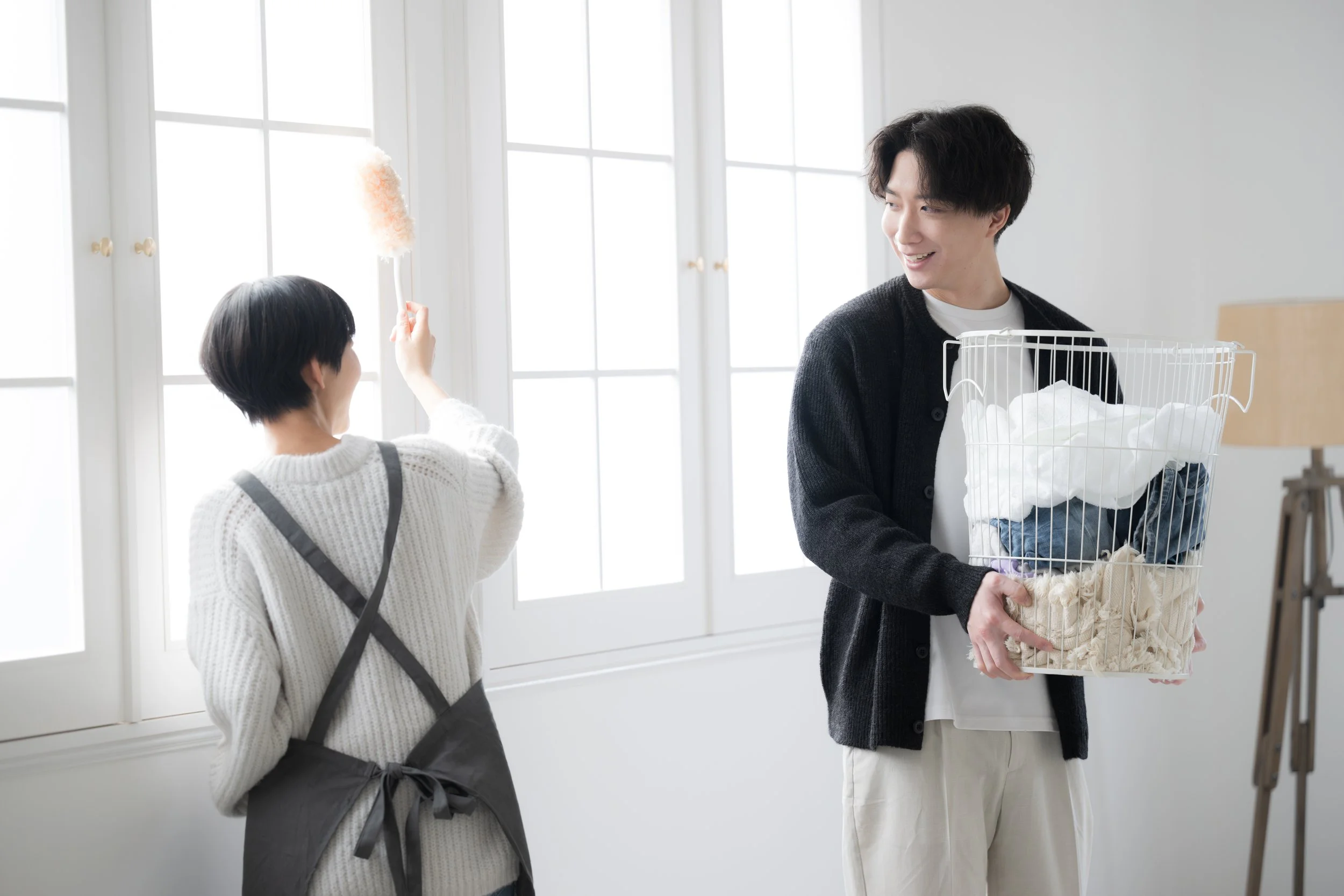THE IDENTIFIER | PEOPLE PLUS
ECONOMICAL DESIGN
ROMANTIC
RELATIONSHIPS
ECONOMICAL DESIGN
Romantic Relationships
For individuals with an Economical Design rooted in Resource, romance is approached with a strong sense of practicality, security, and long-term planning. They see a romantic relationship not just as an emotional connection but as a partnership that requires careful management and stewardship of both tangible and intangible resources. Their primary focus is on building a relationship that is secure, sustainable, and capable of weathering life’s challenges.
-
For those with an Economical Design, romance is viewed as a strategic investment where both partners contribute to the long-term stability and success of the relationship. They approach love with the mindset of ensuring that the relationship is built on a solid foundation—one that includes financial security, emotional stability, and well-planned future goals. Just as they would with any other important aspect of life, they are meticulous and deliberate in their romantic endeavors, seeking to minimize risks and maximize the potential for a lasting, fulfilling partnership.
-
Financial security is a key component of romance for individuals with an Economical Design. They are likely to prioritize financial planning within the relationship, ensuring that both partners are on the same page regarding budgets, savings, and future financial goals. Whether it’s setting up a joint savings account, discussing long-term investments, or planning for major life expenses, they view these financial discussions as integral to building a secure future together. For them, financial transparency and shared financial responsibility are signs of a strong, healthy relationship.
-
In addition to financial security, emotional stability is crucial for those with an Economical Design. They seek a relationship where emotions are managed with care, and where there is a consistent, predictable emotional environment. They value a partner who is steady, reliable, and capable of handling emotional ups and downs with grace and maturity. Emotional outbursts or unpredictability may be unsettling for them, as they prefer a calm, balanced approach to relationship dynamics. For them, love is about creating a peaceful, supportive environment where both partners feel secure and valued.
-
Romance for individuals with an Economical Design is often characterized by a cautious and deliberate approach. They believe in taking things slow, ensuring that every step forward in the relationship is well-considered and mutually agreed upon. They are likely to avoid impulsive decisions, preferring instead to plan carefully before making any significant moves, such as moving in together, getting engaged, or starting a family. This thoughtful progression allows them to build a relationship that is resilient and well-prepared for the future.
-
Those with an Economical Design are naturally inclined to manage the resources of the relationship effectively. This includes not just financial resources but also time, energy, and emotional investment. They are mindful of how resources are allocated within the relationship, ensuring that both partners contribute fairly and that there is a balance in how responsibilities and rewards are distributed. They appreciate a partner who is equally resource-conscious, someone who understands the importance of managing the relationship’s assets wisely to create a secure and prosperous future.
-
Sustainability is a core value for individuals with an Economical Design. They seek a relationship that is built to last, where both partners are committed to long-term success. This might involve setting shared goals, such as buying a home, saving for retirement, or planning for future family needs. They value a partner who shares their focus on the future and who is willing to work together to build a life that is both secure and fulfilling. For them, romance is about creating a partnership that can withstand the test of time, providing stability and comfort for both partners as they move forward together.
Pragmatic Romance
While they may not be the most overtly romantic in a traditional sense, individuals with an Economical Design express their love through practical actions that demonstrate their commitment to the relationship’s well-being. This could include managing household finances, planning for the future, or ensuring that both partners are emotionally supported. Their pragmatic approach to romance may not involve grand gestures, but it is deeply rooted in a desire to create a relationship that is dependable, secure, and sustainable.
Valuing Stability and Predictability
Stability and predictability are highly valued in their romantic relationships. They appreciate routines and systems that ensure the relationship runs smoothly, whether it’s through regular check-ins, shared responsibilities, or clear communication about expectations. They are likely to create and maintain habits that reinforce the stability of the relationship, such as regular financial reviews, planned quality time, and consistent emotional support. For them, these routines are not about stifling spontaneity but about providing a framework within which the relationship can thrive.
Handling Challenges with Practicality
When challenges arise, those with an Economical Design are likely to approach them with a practical, solution-oriented mindset. They believe in addressing issues directly and finding ways to resolve them that are in the best interest of the relationship’s long-term health. Whether it’s a financial setback, a disagreement about future plans, or an emotional conflict, they seek to manage these challenges in a way that preserves the stability and security of the relationship. They value a partner who can engage in these discussions with the same level of practicality and who is committed to finding mutually beneficial solutions.
-
While they may not be the most overtly romantic in a traditional sense, individuals with an Economical Design express their love through practical actions that demonstrate their commitment to the relationship’s well-being. This could include managing household finances, planning for the future, or ensuring that both partners are emotionally supported. Their pragmatic approach to romance may not involve grand gestures, but it is deeply rooted in a desire to create a relationship that is dependable, secure, and sustainable.
-
Stability and predictability are highly valued in their romantic relationships. They appreciate routines and systems that ensure the relationship runs smoothly, whether it’s through regular check-ins, shared responsibilities, or clear communication about expectations. They are likely to create and maintain habits that reinforce the stability of the relationship, such as regular financial reviews, planned quality time, and consistent emotional support. For them, these routines are not about stifling spontaneity but about providing a framework within which the relationship can thrive.
-
When challenges arise, those with an Economical Design are likely to approach them with a practical, solution-oriented mindset. They believe in addressing issues directly and finding ways to resolve them that are in the best interest of the relationship’s long-term health. Whether it’s a financial setback, a disagreement about future plans, or an emotional conflict, they seek to manage these challenges in a way that preserves the stability and security of the relationship. They value a partner who can engage in these discussions with the same level of practicality and who is committed to finding mutually beneficial solutions.
Summary
For individuals with an Economical Design, romance is about much more than passion and excitement; it’s about building a relationship that is secure, stable, and sustainable. They approach love with a focus on practical considerations, ensuring that both financial and emotional resources are managed wisely to create a future that is both prosperous and fulfilling. Through careful planning, resource management, and a commitment to long-term goals, they create a partnership that is designed to last, providing both partners with the security and stability they need to thrive together. Romance, for them, is a steady, deliberate journey towards building a life that is rich in both love and security.
10 things you tend to value in a romantic relationship:
-
They highly value financial stability and responsible money management within the relationship. They appreciate a partner who shares their focus on budgeting, saving, and planning for the future. Financial transparency and shared financial goals are important to them, as they see these as foundational to a secure and lasting relationship.
-
Emotional security is crucial for them, and they value a relationship where both partners provide consistent emotional support. They seek a partner who is reliable, emotionally mature, and capable of maintaining a steady, balanced relationship. Predictability in emotional interactions helps them feel secure and confident in the relationship.
-
They value a practical and realistic approach to love and life. They appreciate a partner who is grounded and who makes decisions based on logic and practicality. Whether it’s making everyday choices or planning for the future, they prefer a relationship that is based on realistic expectations and sensible decision-making.
-
Long-term planning is a key value for them. They appreciate a partner who is future-oriented and who shares their commitment to setting and achieving long-term goals. This could include planning for major life events, such as buying a home, retirement, or starting a family. They value a partner who is equally invested in building a secure and prosperous future together.
-
Effective resource management is important to them, whether it’s time, money, or energy. They appreciate a relationship where both partners contribute to managing these resources efficiently, ensuring that nothing is wasted and that the relationship runs smoothly. They value a partner who is organized, efficient, and mindful of how resources are used in the relationship.
-
They deeply value trust and reliability in their partner. Knowing they can count on their partner to be dependable and consistent is essential for them. They seek a relationship where both partners follow through on their commitments and can be relied upon in all aspects of life, from financial responsibilities to emotional support.
-
Shared responsibility is crucial to them. They value a relationship where both partners contribute equally to maintaining the household, managing finances, and making decisions. They appreciate a partner who is willing to collaborate and work together to achieve common goals, ensuring that the relationship remains balanced and fair.
-
They value a pragmatic approach to resolving conflicts and challenges. When issues arise, they prefer to address them calmly and rationally, focusing on finding practical solutions that benefit both partners. They appreciate a partner who is willing to engage in constructive problem-solving and who prioritizes the long-term health of the relationship.
-
Mutual respect is highly valued in their relationship. They seek a partner who respects their opinions, values, and approach to life. Understanding each other’s needs and perspectives is essential, and they appreciate a relationship where both partners honor and support each other’s individuality while working together towards shared goals.
-
Simplicity and minimalism are often appreciated by those with an Economical Design. They value a relationship that isn’t cluttered with unnecessary drama or excess, preferring instead to focus on what truly matters. They appreciate a partner who shares their preference for a straightforward, uncomplicated lifestyle, where the focus is on quality rather than quantity.
These values emphasize their desire for a relationship that is built on trust, respect, and practical collaboration. They seek a partner who shares their commitment to maintaining a balanced, efficient, and harmonious life together, with a focus on long-term success and mutual support.




